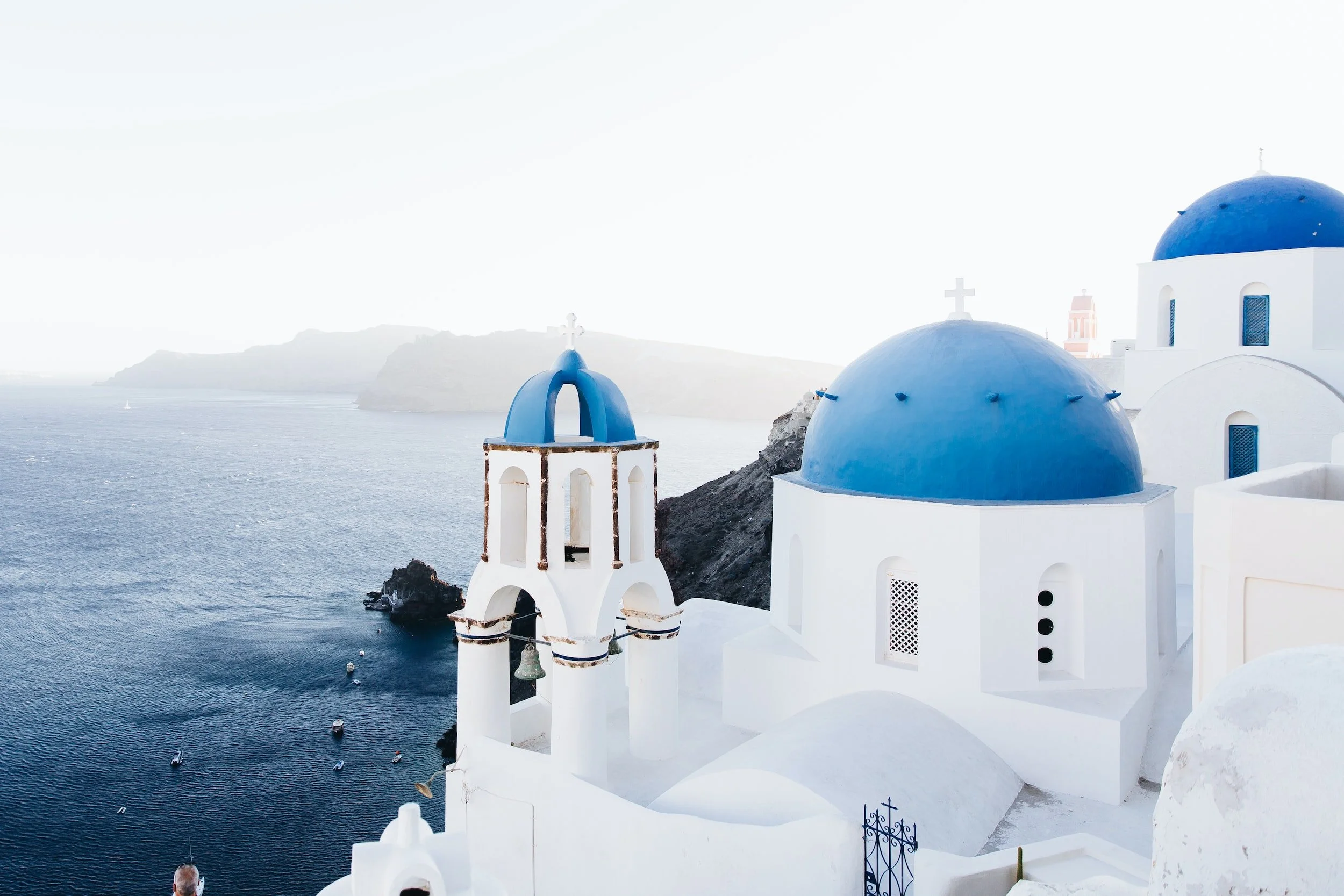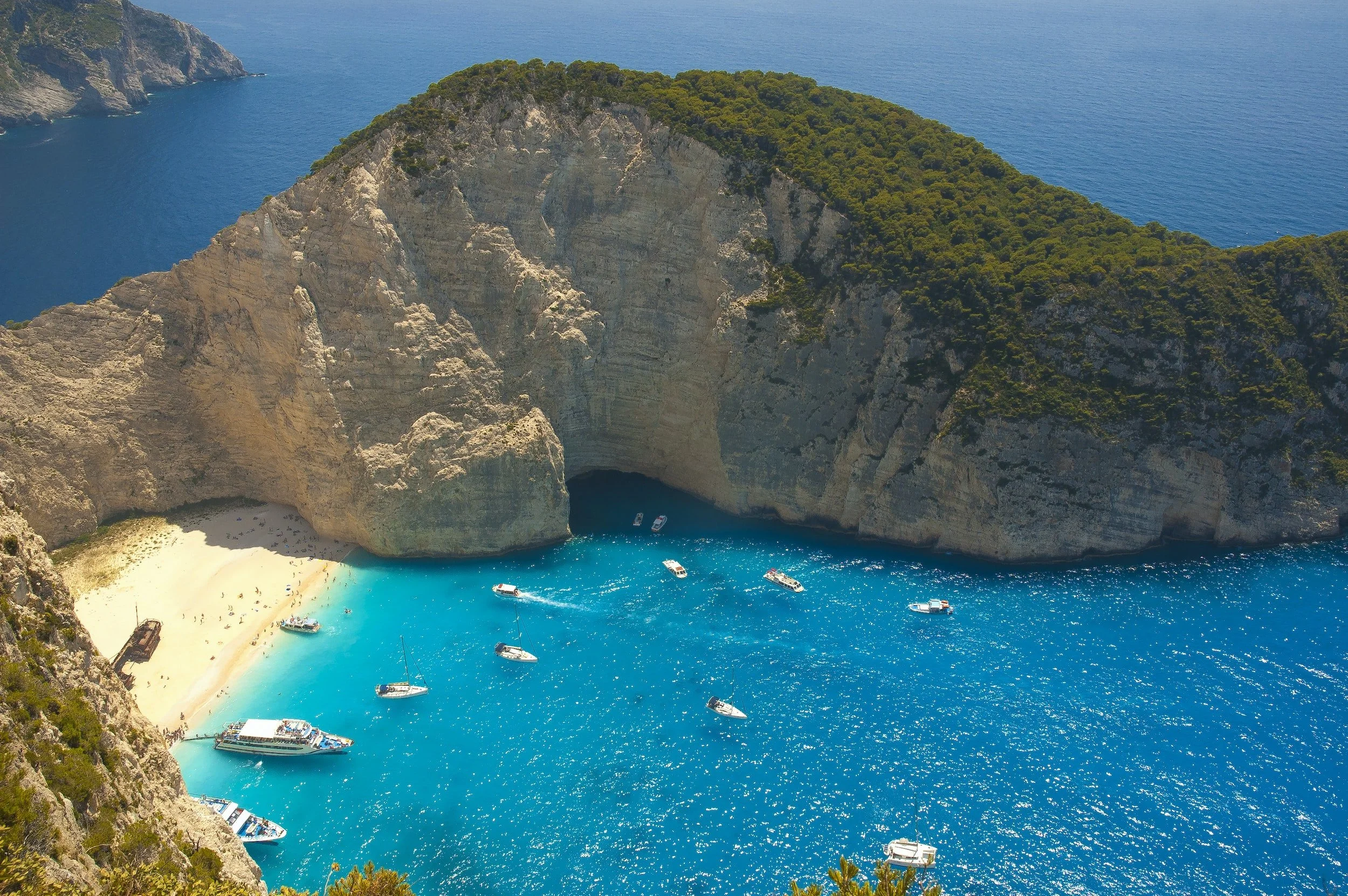Sustainable Fishing in Greece: Preserving the Seas for Generations to Come
Greece is a country that has been known for its fishing culture for centuries. However, overfishing and other unsustainable practices have led to a decline in fish populations in Greek waters. In recent years, there has been a growing awareness of the importance of sustainable fishing in Greece to ensure that fish stocks are preserved for future generations. In this blog post, we will explore what sustainable fishing means, the current state of fishing in Greece, and some tips for sustainable fishing practices.
What is Sustainable Fishing?
Sustainable fishing is a practice that ensures that fish stocks are harvested at a level that allows them to maintain their population levels. This involves using fishing methods that minimize the impact on the environment and protect other marine life. Sustainable fishing is important because it helps to maintain the balance of the marine ecosystem, preserves fish stocks for future generations, and supports local fishing communities.
The State of Fishing in Greece
Fishing is an important industry in Greece, with over 80,000 people employed in the sector. However, overfishing and other unsustainable practices have led to a decline in fish populations in Greek waters.
“Eighty percent of the Mediterranean’s fish population is overfished. Meanwhile, the climate crisis and its consequences bring a number of negative changes to the marine environment,” World Wildlife Fund (WWF) Greece says, which is one of the highest rates in the European Union. This is a worrying trend, as overfishing not only affects fish populations but also has a knock-on effect on other marine life, such as seabirds and marine mammals. Many studies show that Greece is working to improve this.
Tips for Sustainable Fishing in Greece
Choose sustainable fishing gear
Using the right fishing gear is an important aspect of sustainable fishing. Avoid using gear that can damage the seabed or catch non-target species. Instead, choose gear that is designed for sustainable fishing practices, such as longline fishing or traps.
Know the fishing regulations
Before you go fishing, make sure you are familiar with the local fishing regulations. These regulations are in place to protect fish populations and ensure sustainable fishing practices. Make sure you adhere to these regulations, such as catch limits and minimum sizes, to avoid overfishing.
Avoid fishing in protected areas
Some areas of the sea are protected to preserve the marine ecosystem and fish populations. These areas are often designated as marine protected areas (MPAs). Avoid fishing in these areas to allow fish populations to recover and to preserve the marine ecosystem.
Use sustainable bait
The type of bait you use can have an impact on the environment. Avoid using live bait, as this can deplete local populations of smaller fish species. Instead, use sustainable bait options such as artificial lures or bait made from sustainable sources.
Practice catch-and-release
If you catch a fish that you are not planning to eat, practice catch-and-release. This involves carefully releasing the fish back into the water, unharmed. This can help to preserve fish populations and ensure sustainable fishing practices.
Buy sustainable fish
When buying fish, choose sustainable options that have been caught using sustainable fishing practices. Look for fish that have been certified by organizations such as the Marine Stewardship Council (MSC), which ensures that the fish has been caught using sustainable fishing practices.
Conclusion
Sustainable fishing is an important practice that helps to ensure that fish populations are preserved for future generations. In Greece, overfishing and other unsustainable practices have led to a decline in fish populations, which is a worrying trend. By using sustainable fishing practices, such as choosing the right fishing gear, knowing the fishing regulations, avoiding fishing in protected areas, using sustainable bait, practicing catch-and-release, and buying sustainable fish, we can help to preserve fish populations and support local fishing communities. Let's work together to ensure that fishing in Greece is sustainable for years to come.
Be sure to download See Fish to learn about the endangered fish!



